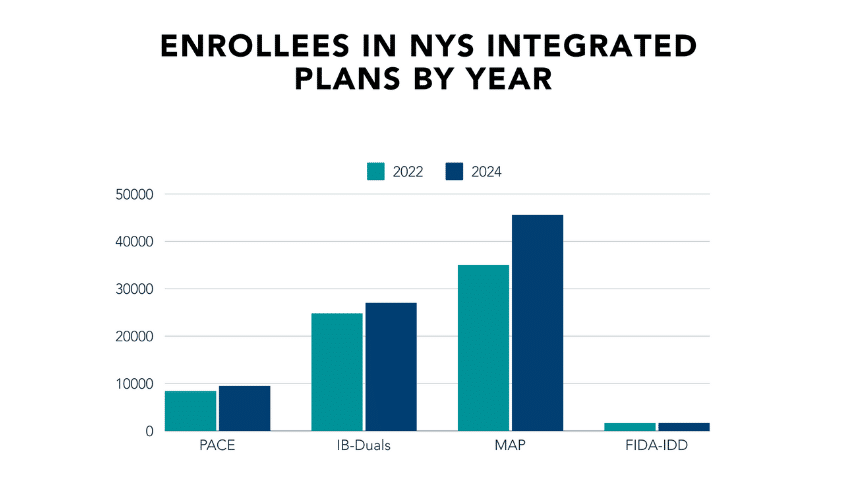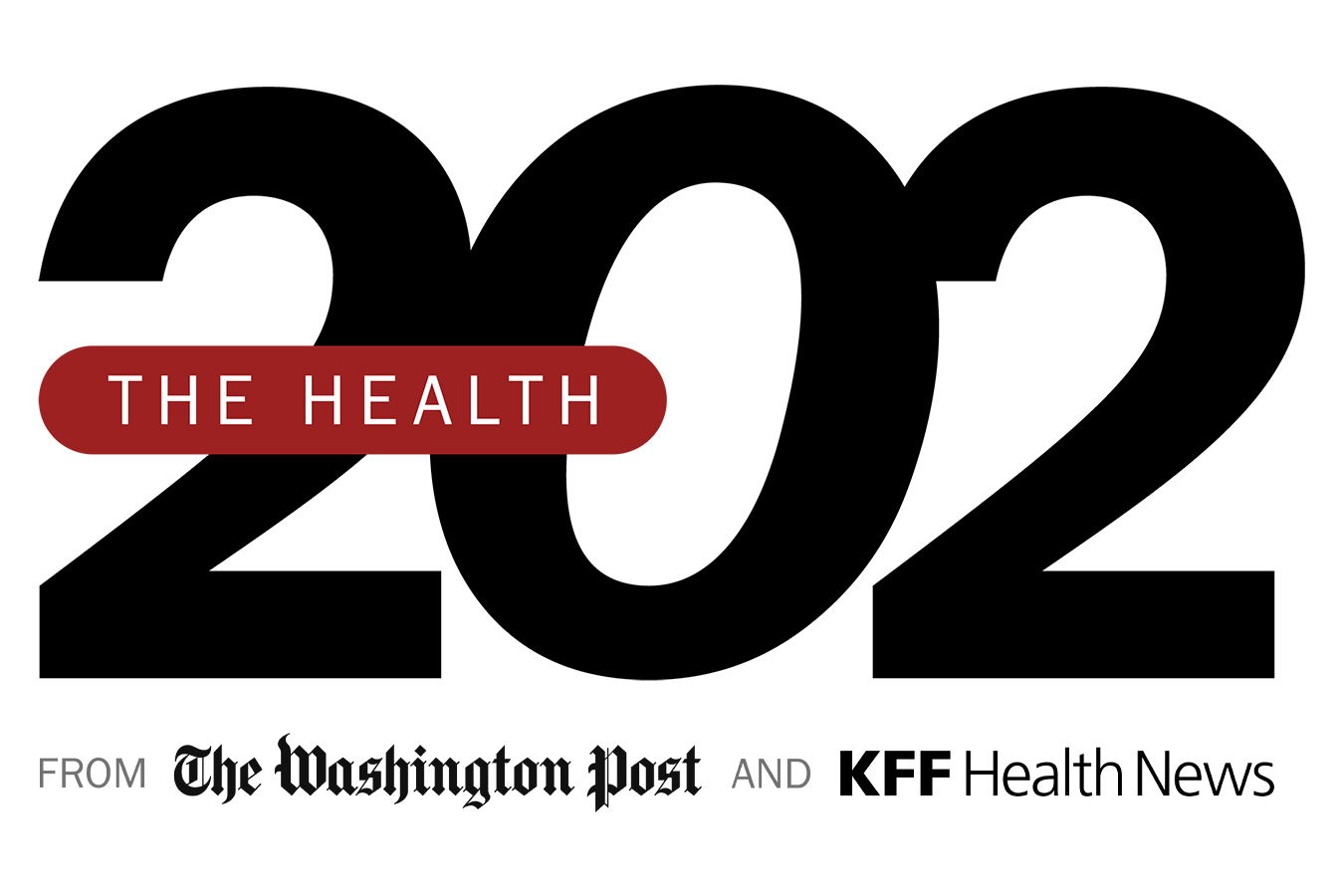On Friday, the U.S. Department of Health and Human Services (HHS) Office for Civil Rights (OCR) issued a final rule under Section 1557 of the Affordable Care Act (ACA), also known as the Health Care Rights Law. The Medicare Rights Center welcomes these new and restored anti-discrimination protections. Key provisions:
Prohibit discrimination among Medicare providers. For the first time, HHS will consider Medicare Part B payments a form of Federal financial assistance for purposes of triggering civil rights laws, ensuring that all health care providers and suppliers receiving Part B funds are prohibited from discriminating on the basis of race, color, national origin, age, sex, and disability.
Protect LGBTQI+ patients from discrimination and clarifies Section 1557’s prohibition on sex discrimination. Consistent with the U.S. Supreme Court’s holding in Bostock v. Clayton County, the final rule affirms that protections against sex discrimination include protections against discrimination on the basis of sexual orientation and gender identity. The final rule also clarifies that sex discrimination includes discrimination on the basis of sex stereotypes, sex characteristics, including intersex traits, and pregnancy or related conditions.
Require those covered by the rule, including providers, insurance issuers, and HHS-administered programs, to let people know that language assistance and services are available. The notices must be provided in English and in at least the 15 most common languages spoken by people with limited English proficiency (LEP) in the state(s) served, placed in prominent locations both physically and on their websites, and made available upon request.
Clarify that nondiscrimination requirements apply to health programs and activities provided through telehealth services. The final rule specifically notes that covered entities must not discriminate in their delivery of health programs and activities provided through telehealth services. This means ensuring that such services are accessible to individuals with disabilities and providing meaningful program access to people with LEP.
The Medicare Rights Center strongly supports these critical updates, many of which were reflected in our policy recommendations, collaborative comments on the proposed rule, and our responses to previous rulemaking. We are continuing to review the final rule and look forward to working with policymakers and stakeholders to build upon its successes.
For more information, visit OCR’s Section 1557 resource hub, which includes a fact sheet (available in 17 languages), FAQ, and links to the final rule.
























